Great week for Irish game against the odds
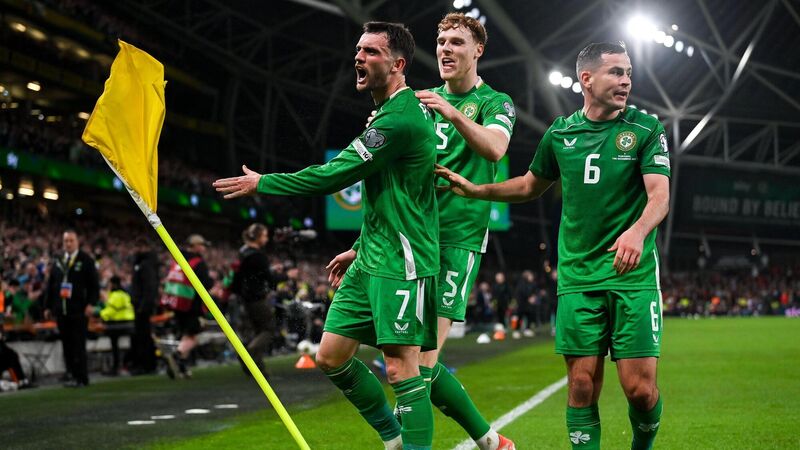
Troy Parrott of the Republic of Ireland, left, celebrates with teammates after scoring his second goal during the FIFA World Cup 2026 Group F Qualifier match against Portugal at the Aviva Stadium in Dublin. Picture: Stephen McCarthy/Sportsfile
Well, just as were prepared to read the funeral notice on Irish football, out of nowhere, we had the type of week that while still a long way off from where we’d like to be, provides us a lot more hope ahead of tomorrow night’s final Group F game against the Hungarians.
With Troy Parrott and Cork’s Chiedozie Ogbene turning the much-vaunted Portuguese defence into spaghetti with their bursting runs and with Ronaldo expressing his frustration in a most satisfying self-destructive manner. What seemed like a pointless journey to Budapest now provides a clear (if still very difficult) path to a qualification playoff, should we find a way to beat the Magyars.
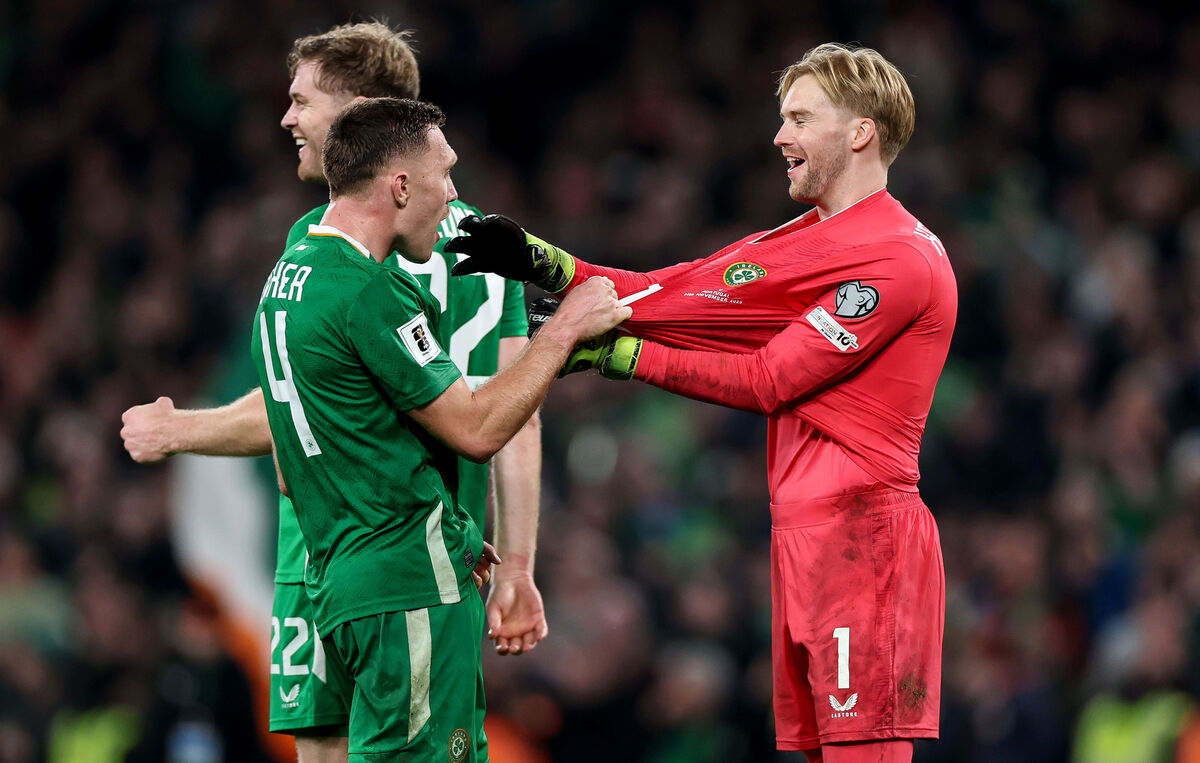
Earlier in the week, even more good news for the future of Irish football came from the well irrigated fields of Qatar and U17 World Cup. Where, against the odds, the young Irish side played their way into the Round of 32 after three impressive group games. And it comes just as financial promises off the field look to address the financial disadvantages at academy level in Irish soccer.
Ahead of this year’s budget, the FAI’s technical director Shane Robinson had called on the Government to deliver "badly needed investment" for the academy system. They asked for an initial €4.45m per year to help develop the leagues 26 academies. They gratefully accepted €3m which was to be expected as you rarely get the full request from a budget.
It cannot be exaggerated the extent to which youth football facilities here lag those of other countries. The world governing body FIFA ranked them 51 out of 100, and maybe it should be no surprise then that after years of neglect at youth level that the men’s senior side’s ranking has slipped to 62nd place, between Albania and Burkina Faso. At least Thursday’s result will help somewhat with that.
League of Ireland clubs have a severe shortage of full-time coaches compared to our European counterparts, while Brexit has severely hit our traditional conveyor belt of young talent going to the academies in England and Scotland, removing a big chunk of potential experience on offer to players who must now wait till they are 18 to sign for British clubs, putting them at a disadvantage to their British teammates over there, since they were in the system from the age of 16 or even younger.
The hope will be now that the investment that will come over the next few years will pay a dividend in the future.
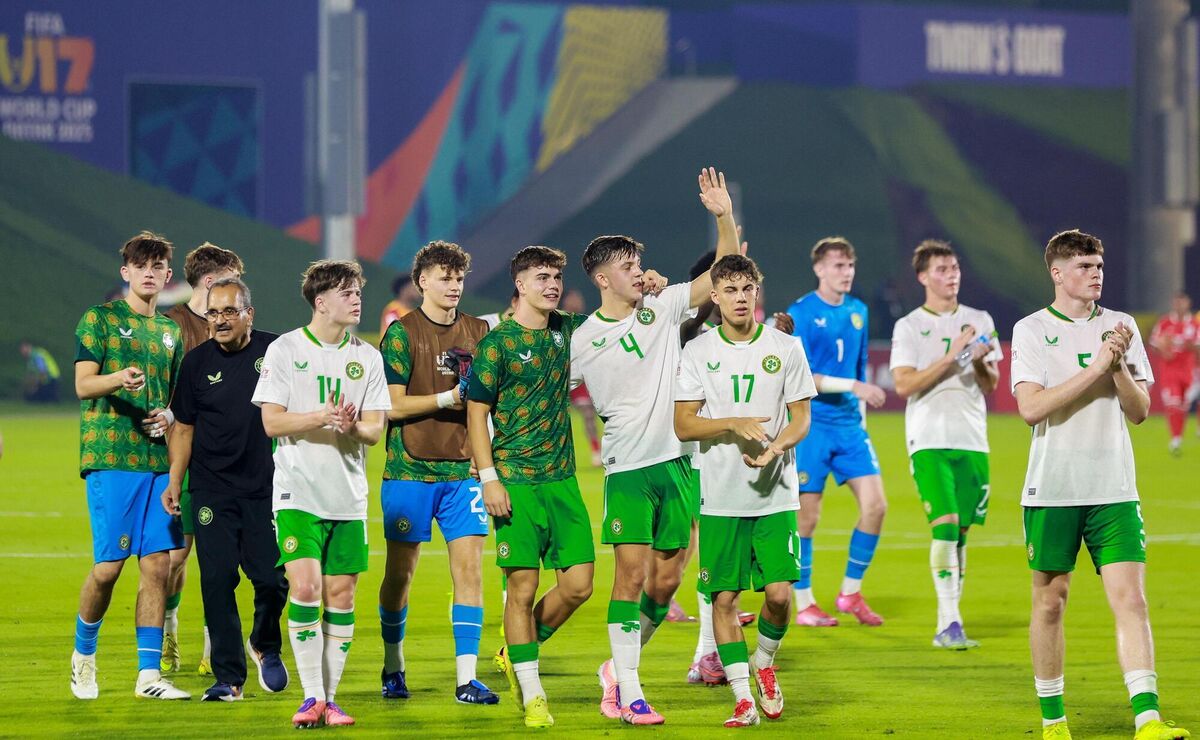
The potential of what that investment could provide, was shown by the Irish U17 players in Qatar this week. Despite having nowhere near the resources that many of their opponents enjoy, a bunch of bright and skilful Irish youngsters have nevertheless played themselves into the round of 32 of the competition, after an unbeaten and confident run of group games where they comfortably beat Panama, came from behind to beat Uzbekistan, and confidently controlled the 0-0 match against Paraguay to top the group and were unlucky not to score on a host of opportunities. The side were playing their next opponents Canada in the round of 32 as this was going to press, but we hope the confidence shown thus far will stand to them and that they see off the North American side.
Managed by Cork coaches Colin O’Brien and John Cotter, the Ireland side has shown skill, control, and maturity far beyond their tender years. It is also the most successful Irish youth side since Brexit, and notably, the squad, only has two players signed to English clubs. Rory Finneran (Newcastle United) and Kian McMahon-Brown with Burnley. Instead, the squad now is predominantly made of local club academy players like Cork City’s Brody Lee and, new to Irish football, a significant number of signings with continental clubs. Including Cork’s Jaden Umeh with Benfica, who has been a star of the tournament so far, but also: Ade Solanke (FC Lorient), Oisin McDonagh (Venezia), Finn Sherlock (Hoffenheim), Ramon Martos (UD Almeria), and Grady McDonnell (Club Brugge). It’s so refreshing to see these young stars overcome the setbacks brought about by Brexit and make their way instead in mainland Europe. In what must be said is even a gutsier move for young teenagers, considering the cultural and language barriers even beyond the traditional route to England, which was intimidating enough.
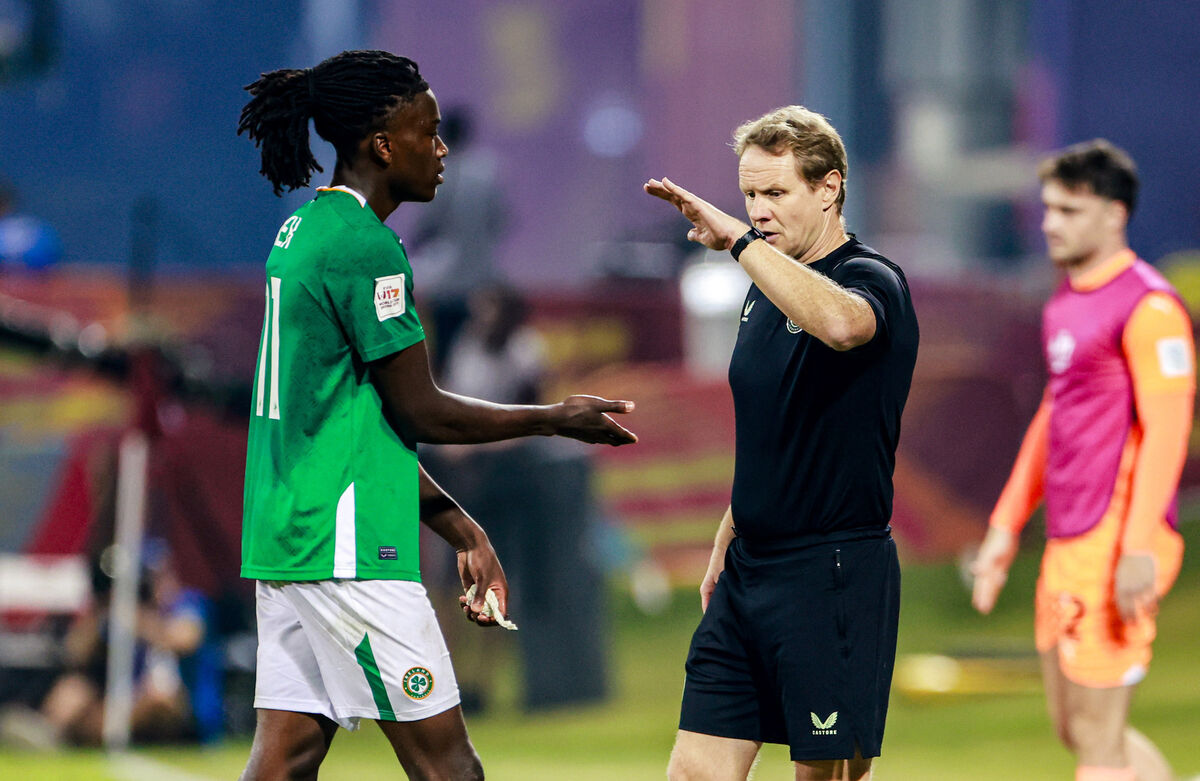
That’s not to cast shadow on the players working their way through Irish clubs. Indeed, two of the best performers for the U17s has been Shamrock Rovers striker Michael Noonan and Wexford’s Ryan Butler.
Whatever the result against Canada, the hope is now that the young Irish players will have been inspired by events at the Aviva on Thursday night. It also behoves the FAI and future governments to create the pathways for as many of these young stars to find their way to the top of the game so that we all can enjoy more days like we had this week.
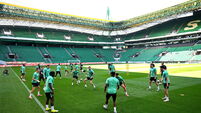

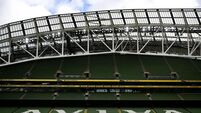
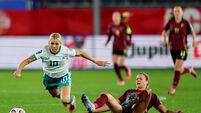
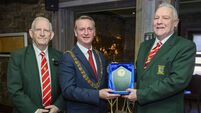
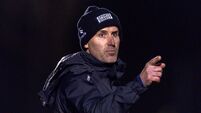
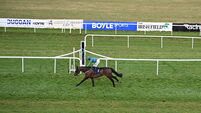



 App?
App?







